Researchers have corrected a crucial error in a recent study published in the journal Nature, which shed light on the underlying mechanisms of Crohn's disease. The correction involves a minor but significant change in the labeling of a figure in the original article, published on November 12, 2025. According to the correction, the labels for TWIST1 and OSR2 in Fig. 2c were switched and have now been amended to accurately reflect the data.
The original study, led by researchers from the Medical Research Council Translational Immune Discovery Unit at the University of Oxford, explored the role of spatial fibroblast niches in defining Crohn's fistulae. The research team, consisting of Colleen McGregor, Xiao Qin, and their colleagues, used experimental models of disease to investigate the immunopathogenesis of Crohn's disease. The study provided valuable insights into the mucosal immunology of the condition, which affects millions of people worldwide.
According to Dr. Colleen McGregor, one of the lead authors of the study, the correction is a minor but important update to the original article. "We are pleased to correct this error and ensure that the scientific community has access to accurate information," she said. "The correction does not change the overall conclusions of the study, but it does provide a more precise representation of the data."
The study's findings have significant implications for the understanding and treatment of Crohn's disease. Crohn's disease is a chronic inflammatory bowel disease that affects the digestive system, causing symptoms such as abdominal pain, diarrhea, and weight loss. The condition can lead to complications, including fistulae, which are abnormal connections between the intestine and other organs.
Dr. Xiao Qin, another lead author of the study, emphasized the importance of continued research into the immunopathogenesis of Crohn's disease. "This study highlights the complex interactions between the immune system and the gut microbiome in the development of Crohn's disease," she said. "Further research is needed to fully understand these mechanisms and to develop effective treatments for the condition."
The correction to the study has been published online, and the original article remains available in its corrected form. The researchers involved in the study are continuing to investigate the underlying mechanisms of Crohn's disease and to explore potential therapeutic strategies for the condition.
In the meantime, patients with Crohn's disease and their healthcare providers can continue to rely on evidence-based treatments and management strategies to manage the condition. As research into the immunopathogenesis of Crohn's disease continues to advance, new treatments and therapies may become available to improve patient outcomes and quality of life.
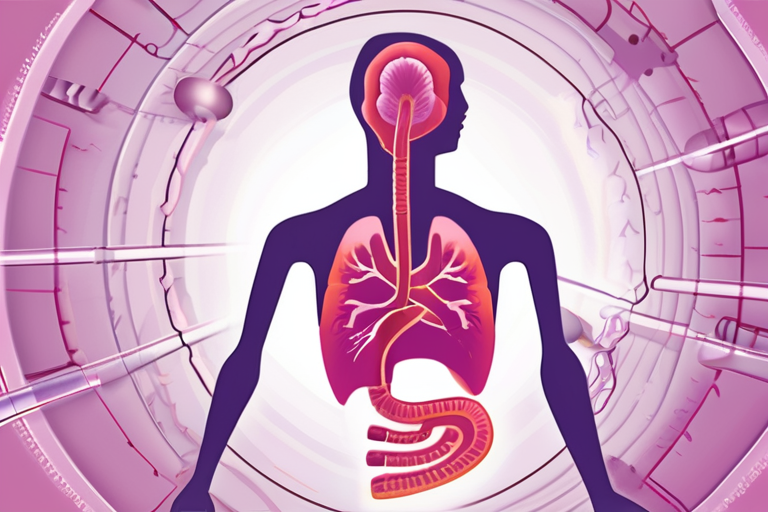


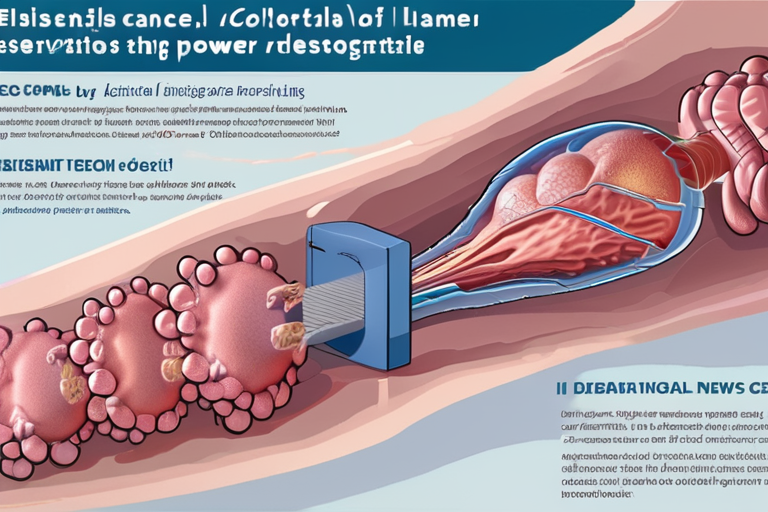
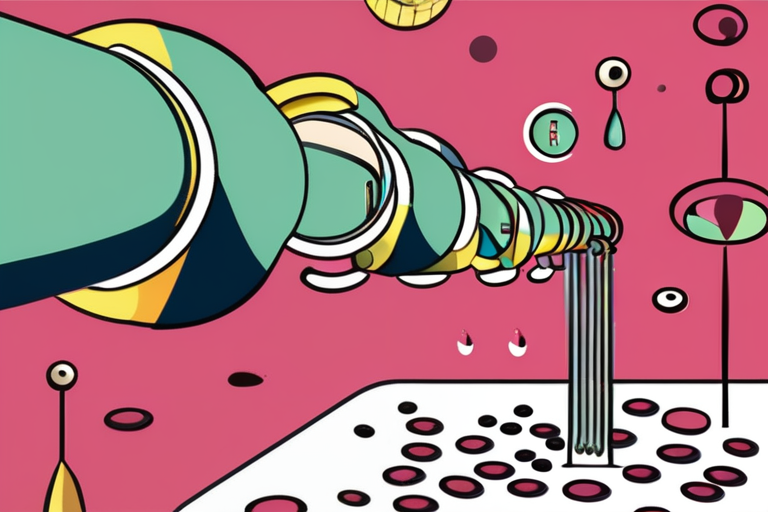
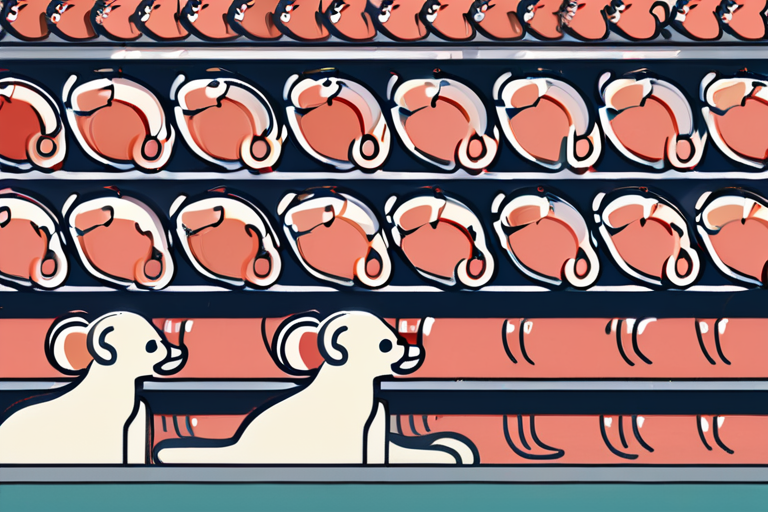
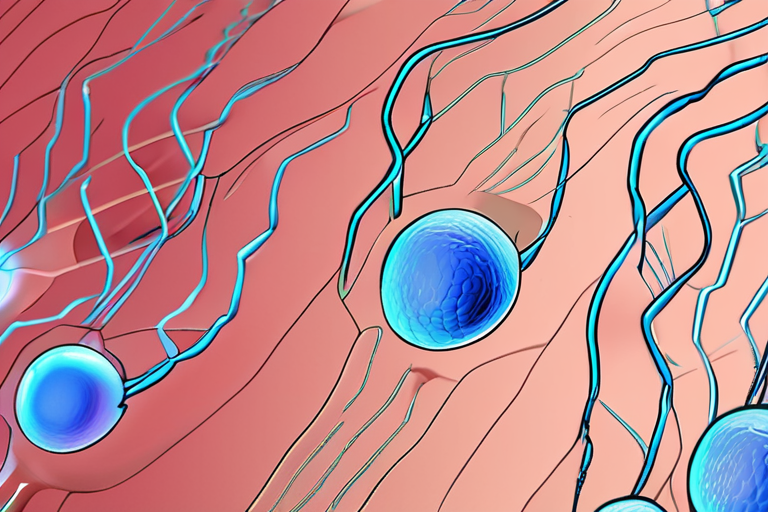
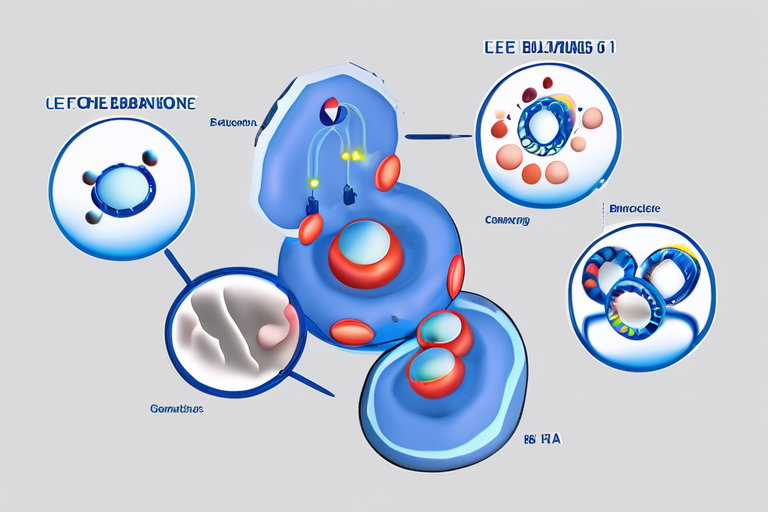
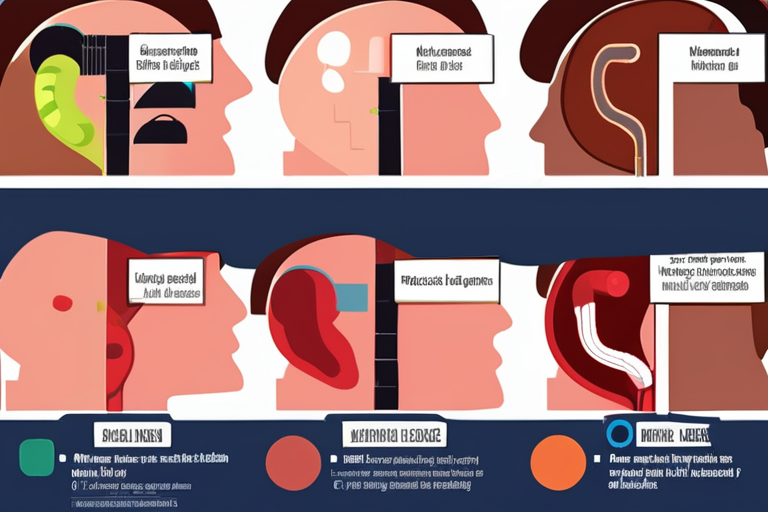
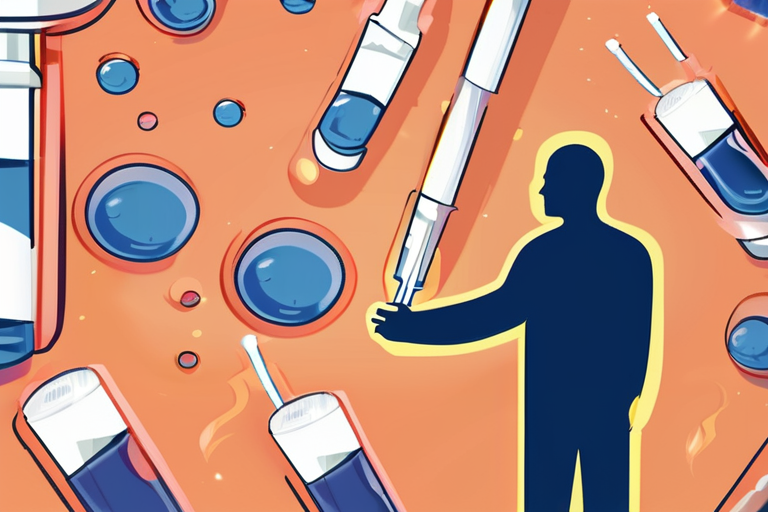
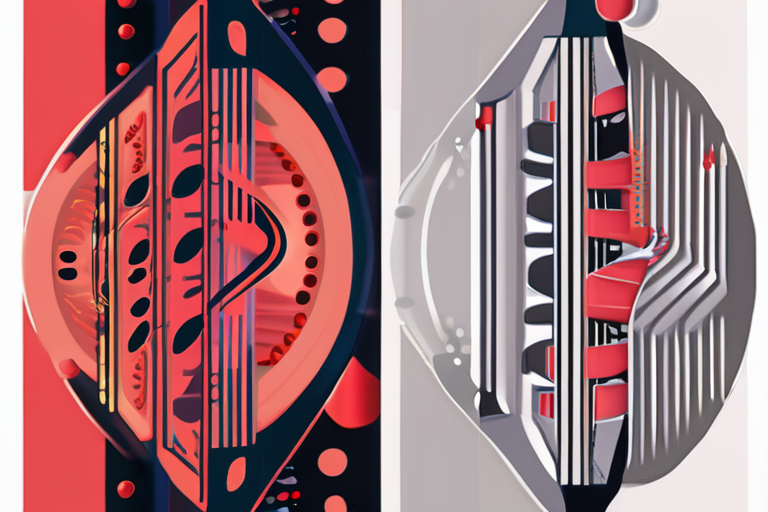
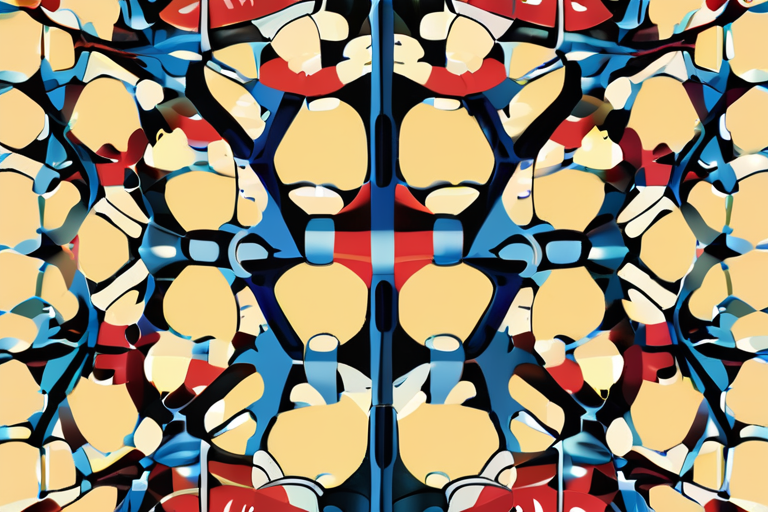
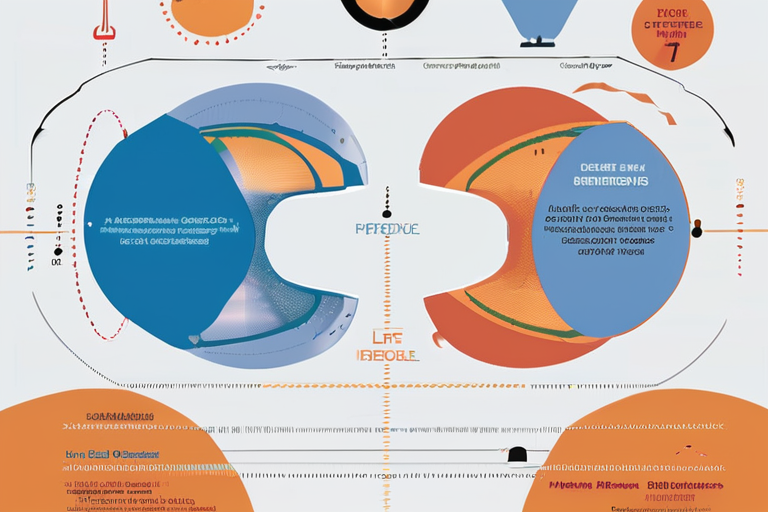
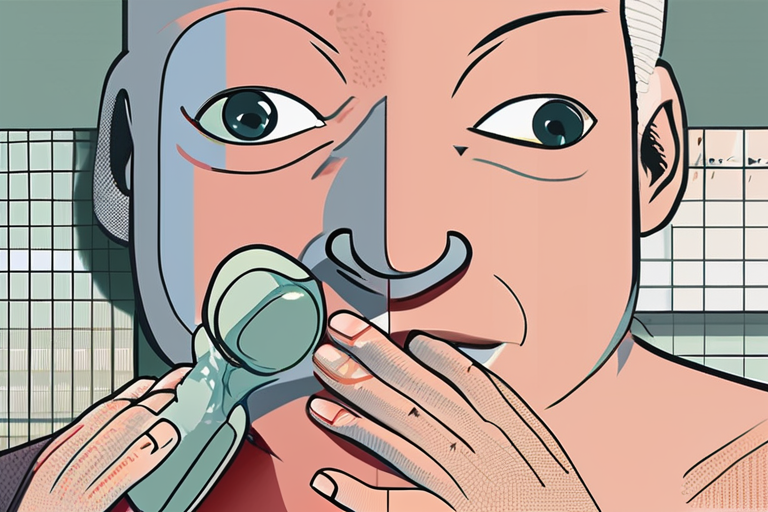
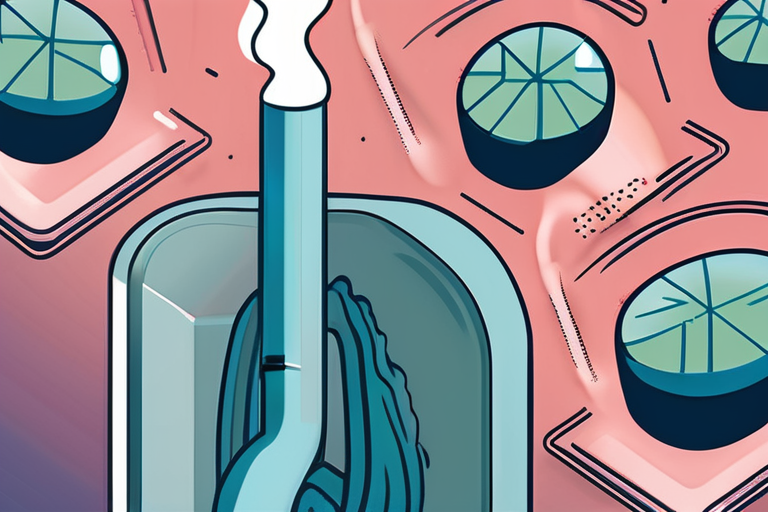
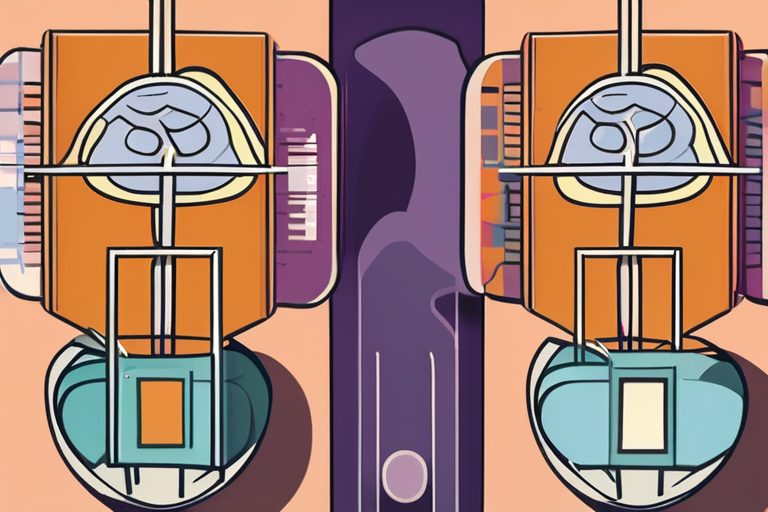
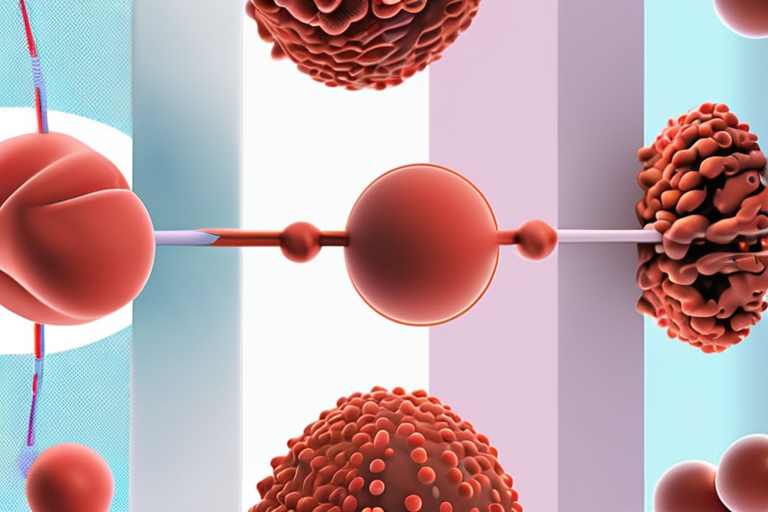
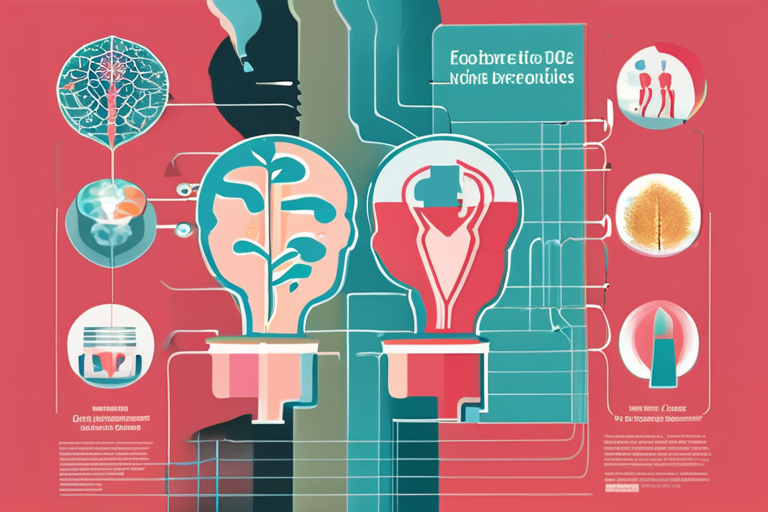

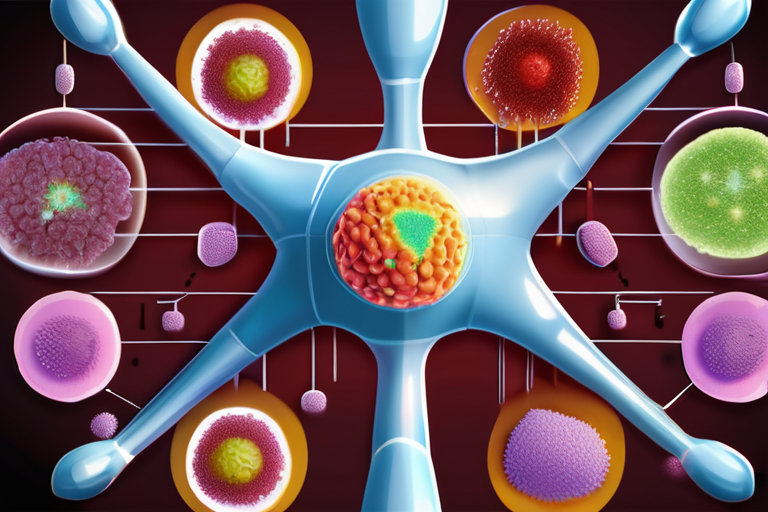

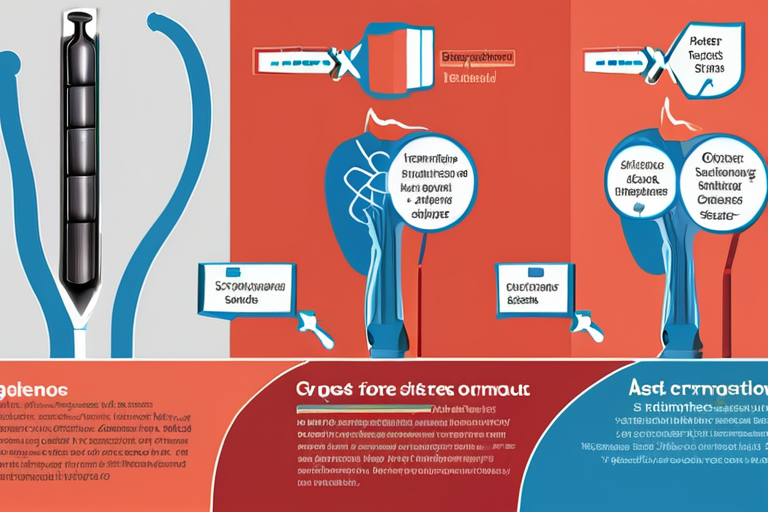
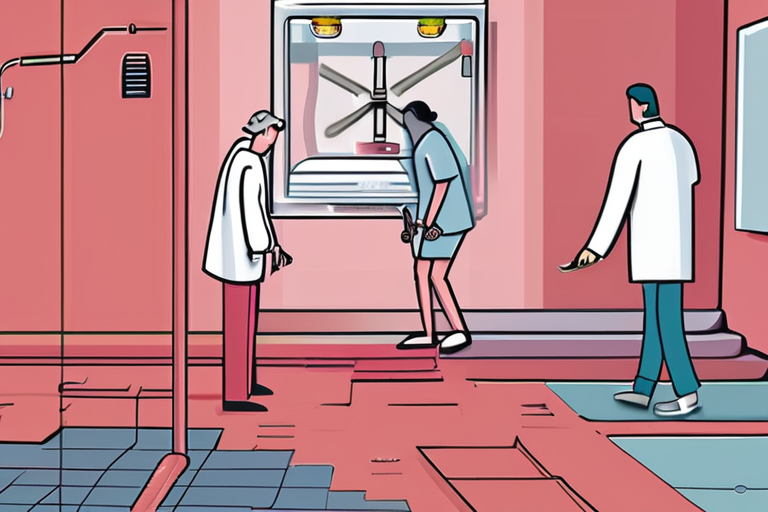
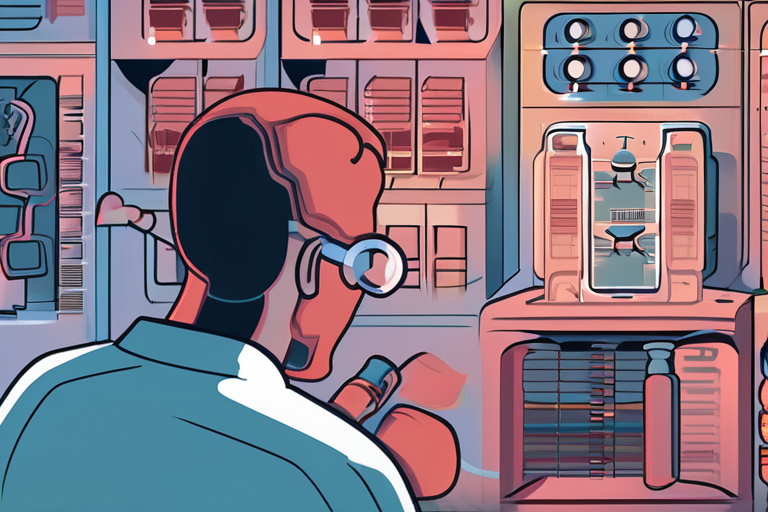

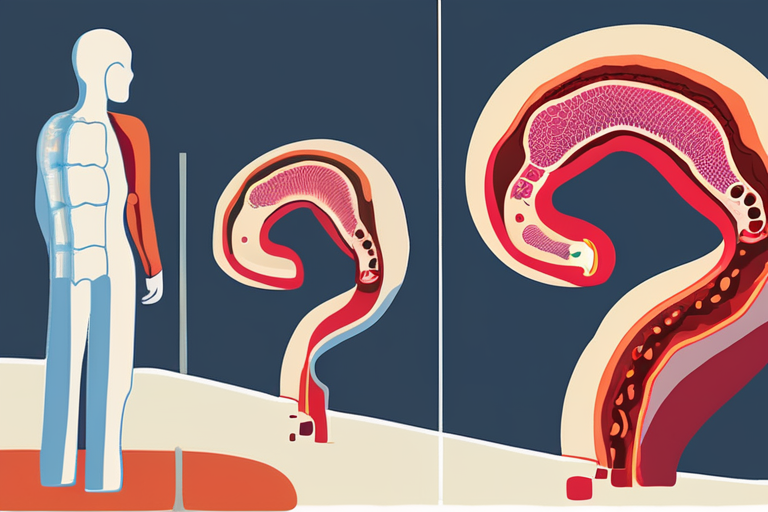
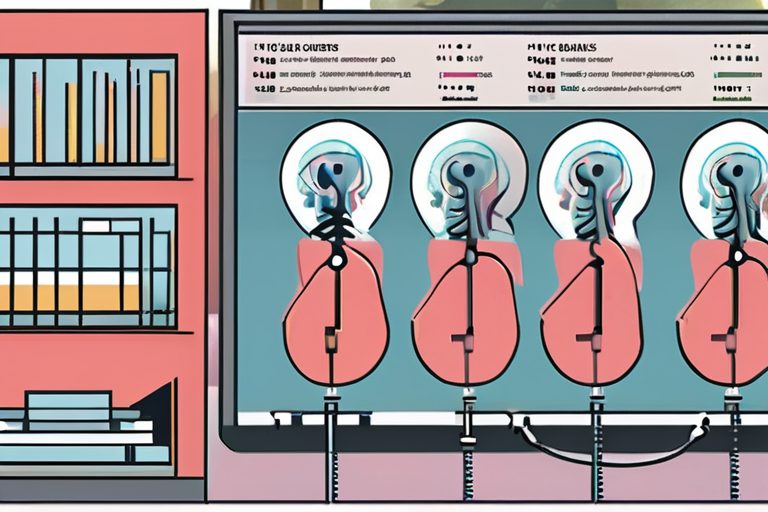
Share & Engage Share
Share this article